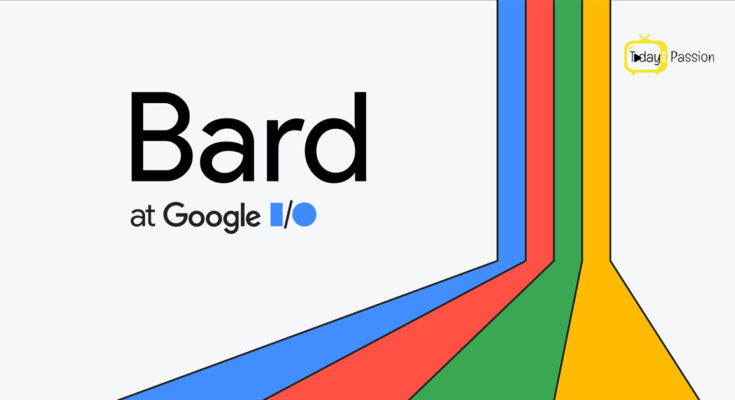When Google first introduced Bard, it faced substantial backlash due to its reasoning capabilities, prompting comparisons to OpenAI’s ChatGPT. However, the situation has evolved over time, and Google has been diligently improving Bard through regular updates. The most recent release has brought about significant enhancements to Google’s generative AI, surpassing its previous constraints. According to the company, the latest beta update has notably increased Bard’s intelligence by enhancing its reasoning abilities.
Google Bard has undergone additional optimizations, resulting in enhanced mathematical and data analysis capabilities. The blog post elaborates on Google’s updates to Bard, highlighting its newfound ability to identify computational prompts and perform background code execution. These improvements make Bard particularly well-suited for tasks involving mathematics, coding, and string manipulation.
According to Google, Bard has made significant advancements in data analysis and now possesses the capability to comprehend complex mathematical expressions, such as determining the frequency of a specific number within a dataset. Nevertheless, the company acknowledges that there may still be instances where Bard may not provide accurate results and emphasizes its commitment to ongoing improvement based on user feedback.
The latest beta version of Google Bard was released on June 7th and is now accessible to users worldwide. Google has introduced an option for users to grant precise location access, resulting in more tailored and relevant search outcomes.
Moreover, it is now possible to export tables generated by Bard directly to Google Sheets, enhancing compatibility across platforms. At present, Bard can only be utilized through a web browser and is compatible with smartphones, tablets, and laptops.




